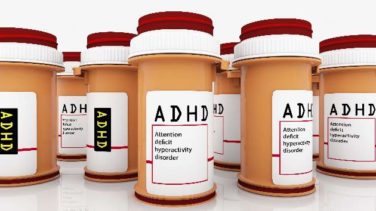FROM JAMA INTERNAL MEDICINE
If patients seek out information online about transcatheter aortic valve replacement, they’ll read mostly about the procedure’s benefits and see much less about its risks, according to a survey of 317 U.S. hospital websites done in spring 2014.
Close examination of the information available for transcatheter aortic valve replacement (TAVR) on the websites of U.S. hospitals that perform the procedure revealed that 99% of the 262 hospitals with websites that described TAVR mentioned at least one benefit from the procedure, while 26% mentioned at least one risk, Dr. Mark D. Neuman and his associates reported in a research letter published online on Jan. 12 ( JAMA Internal Medicine 2015; [doi:10.1001/jamainternmed.2014.7392] ).
“Our findings suggest that web-based advertising of TAVR to the public by hospitals may understate the established risks of this procedure and provide little context for the magnitude of those risks to inform patient decision making. Hospitals may promote appropriate use of TAVR by presenting more balanced information regarding TAVR’s risks and benefits,” wrote Dr. Neuman, an anesthesiologist at the University of Pennsylvania in Philadelphia, and his coauthors.
During May-June 2014 they reviewed the websites for each of the 317 U.S. hospitals listed as sites that offer TAVR by the Society of Thoracic Surgeons and the American College of Cardiology. Fifty-five of the hospitals’ websites did not have their own English-language web page that mentioned TAVR. Of the 262 U.S. TAVR centers with a web page that described the procedure, 260 mentioned at least one benefit, most commonly the reduced degree of invasiveness of the procedure compared with open-surgery valve replacement, which appeared on 250 (95%) of the websites.
Of the 69 websites that mentioned at least one risk, they most commonly cited stroke, on 18% of the sites, followed by vascular complications, on 14%, and death, on 12%. In addition, the hospital sites supplied numerical quantification for benefits more frequently than for risks.
On Twitter @mitchelzoler




